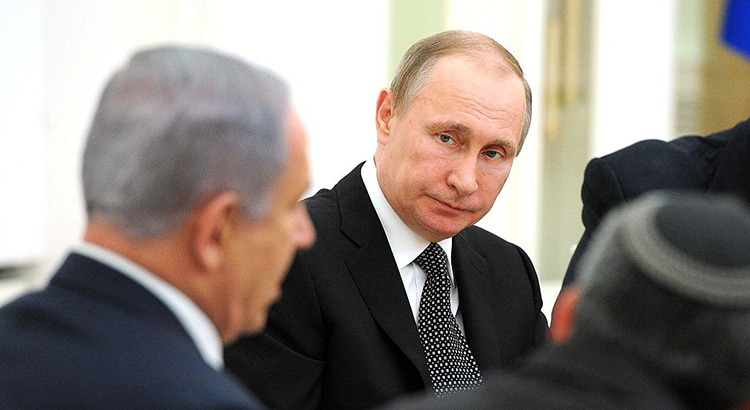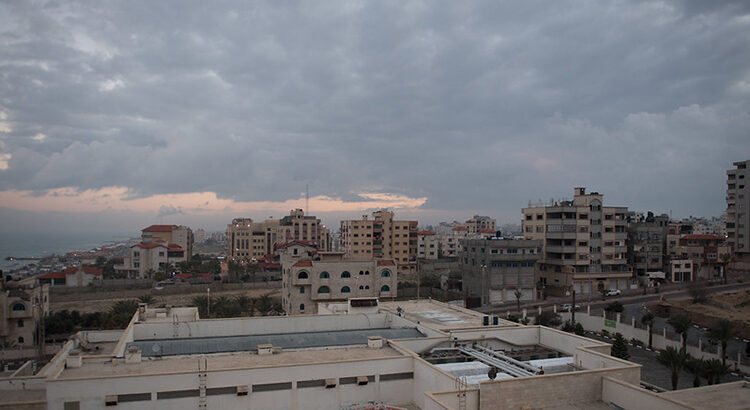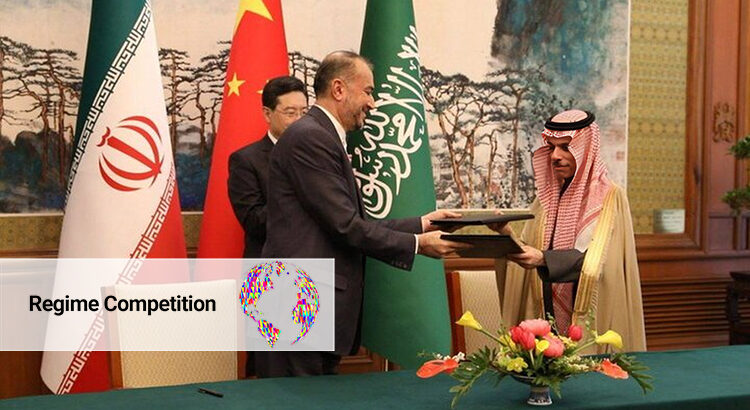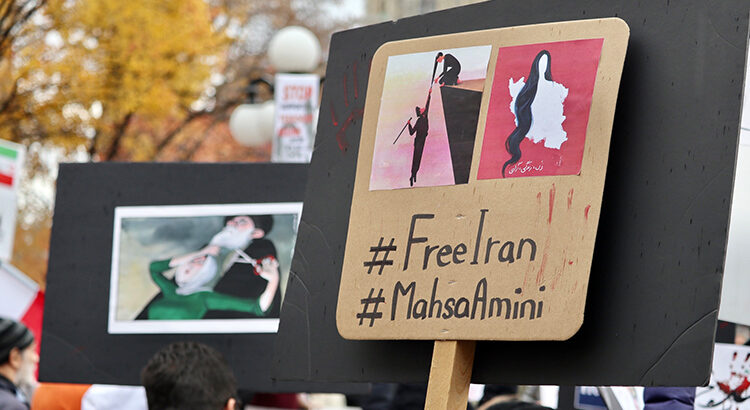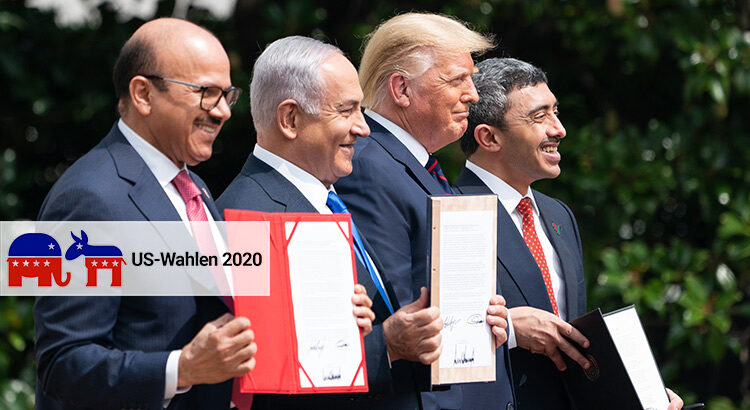German debates about the Israel-Gaza war often get caught up in polarising terminology. This applies in particular to the dispute whether a genocide is occurring. Apart from the legal assessment currently being made by the International Court of Justice, a parallel, polemical discussion about the concept of genocide distracts from actual priorities for action. The war has already cost tens of thousands of lives, and many more Palestinians will die as a direct and indirect consequence of the war. The mass violence against civilians and the destruction of conditions of life in Gaza must end immediately – regardless of whether the legal conditions for genocide are met.
Schlagwort: Naher Osten
Israel-Gaza jenseits des Genozid-Begriffs: Massengewalt gegen Zivilist*innen jetzt beenden
Deutsche Debatten über den Israel-Gaza-Krieg verfangen sich oft in polarisierenden Begrifflichkeiten. Das gilt insbesondere für den Streit um das Vorliegen eines Genozids. Abgesehen von der juristischen Einschätzung, die derzeit der Internationale Gerichtshof vornimmt, lenkt eine parallellaufende, polemische Diskussion um den Völkermordsbegriff von den eigentlichen Handlungsprioritäten ab. Der Krieg kostete schon Zehntausende das Leben, noch viel mehr Palästinenser:innen werden an direkten und indirekten Kriegsfolgen sterben. Die Massengewalt gegen Zivilist:innen und der Entzug von Lebensgrundlagen in Gaza müssen sofort beendet werden – unabhängig davon, ob juristisch die Bedingungen für einen Genozid erfüllt sind.
Wendepunkt in den Russland-Israel-Beziehungen
Moskau ist nach dem Terrorangriff der Hamas von Israel abgerückt und agiert offen pro-palästinensisch. Das hat auch mit dem Ukraine-Krieg zu tun.
Israel–Gaza: A German War Discourse
The way the escalation of violence in Israel, the Gaza Strip, and adjacent areas in the region is discussed in Germany is, in many respects, not surprising. It follows the structural dynamics of war discourses: the polarization into a friend–enemy schema; the negation of moral ambivalence; patterns of legitimation which suggest that the actions of one side are more than justified by the previous actions of the other side; the compulsion of the threat situation, discrediting reflection and distancing as inappropriate; the construction of unparalleled amorality; the circumvention of humane standards through dehumanization of the enemy; the simplification of an inherently complex situation.
Massaker unter Applaus: Antisemitische Reaktionen auf den Terror gegen Israel in Deutschland
Im Zuge des von der Terrororganisation Hamas als „Operation al Aqsa-Flut“ bezeichneten und von mehreren palästinensischen Terrorgruppen wie auch der Hisbollah im Libanon durchgeführten Angriffs auf Israel wurden an einem Tag mehr Jüdinnen*Juden aus antisemitischen Motiven ermordet, als an jedem anderen Tag seit der Shoah. In Reaktion auf die Angriffe und in der Folge auch auf die Reaktionen Israels, kam es vielerorts zu einer Vielzahl antisemitischer Vorfälle – so auch in Deutschland. Der Beitrag liefert einen Überblick über diese antisemitischen Phänomene in Deutschland und ihre Akteur*innen sowie über antisemitische Kontinuitäten. Die sprunghafte Zunahme antisemitischer Vorfälle erfordert konsequente gesellschaftliche Reaktionen.
Der Krieg in Gaza: Es wurde versäumt, eine politische Lösung zu finden
Der Krieg in Gaza befindet sich in seiner dritten Woche. Nach dem präzedenzlosen Terrorangriff der Hamas auf Israel, bei dem 1400 Menschen auf grausamste Weise ermordet und mehr als 200 Geiseln genommen wurden, bombardiert die israelische Luftwaffe Ziele der Hamas im Gaza-Streifen. Das erklärte Ziel Israels ist, die Hamas vollständig zu zerstören. Eine Bodenoffensive scheint unmittelbar bevorzustehen. Aus Gaza heraus werden weitere Raketen auf Israel abgefeuert. Im Gaza-Streifen haben die Bombardements schon jetzt Tausende ziviler Opfer gefordert, Hunderttausende sind auf der Flucht. Die humanitäre Lage ist verheerend. Obwohl weder Ende noch Ergebnis des Krieges derzeit absehbar sind, erklingen bereits erste Rufe nach einer politischen Lösung. Doch die ist voraussetzungsvoll.
Mass Evacuations in Israel’s War Against Hamas: Taking Precautions in Attack or Forced Displacement?
The attacks of Hamas against Israel were deeply shocking. Israel has a right to defend itself against Hamas and at the same time it is obliged to protect the civilian population of Gaza as far as possible from harm and injury. But Israel is currently facing a true dilemma. While Israeli Defense Forces try to evacuate as many residents as possible, Hamas uses civilians as human shields, including hostages. The humanitarian situation in Gaza is dire and mass evacuations further exacerbate the problem.
The Power of Not Using Power: China and the Saudi-Iranian Rapprochement
The intensifying systemic rivalry between great powers also involves contesting the most effective approaches to conflict resolution and mediation. The most recent Beijing-mediated détente between Saudi Arabia and Iran has ignited heated debates regarding its longevity and China’s rising profile in the region. While the Middle East may still be a region largely inhospitable to outsider mediation, there are three good reasons why Beijing’s latest foray into Middle East peace diplomacy may be effective. The article argues that China’s hitherto successful mediation between Saudi and Iran lies in its power of not using power—the ability to leverage its growing geoeconomic influence while refraining from the use of coercive power in regional affairs. This approach aims at providing an alternative approach to external powers’ engagement in Middle East peace affairs.
Will the Protests in Iran Change Regional Power Dynamics in the Middle East?
Images of Iranian women burning their hijab in the last four weeks demonstrates the unraveling of the ideological foundations of the Islamic Republic. This discontent, however, extends beyond Iran’s borders, and has strained the relationship with its regional clients. We argue that the ongoing demonstrations in Iran may exacerbate Iran’s already-shifting regional position, as the ongoing protests both question the legitimacy of the regime within and outside the country, and further weaken Iran’s capacity to support its clients in the Middle East.
Die Abraham-Abkommen: Ein Baustein auf dem Weg zum Frieden für den Nahen und Mittleren Osten?
War doch nicht alles schlecht an Trumps Amtszeit? Im September 2020 konnte der (noch-) US-Präsident Donald Trump einen außenpolitischen Erfolg für sich verbuchen. Israels Premierminister Benjamin Netanjahu unterzeichnete in Trumps Beisein Friedensverträge mit den Vereinigten Arabischen Emiraten und Bahrain. Doch sowohl für den Konflikt zwischen Israel und den Palästinenser*innen als auch für die Region als Ganzes ist mehr als zweifelhaft, ob die Abkommen langfristig dem Frieden dienen.


